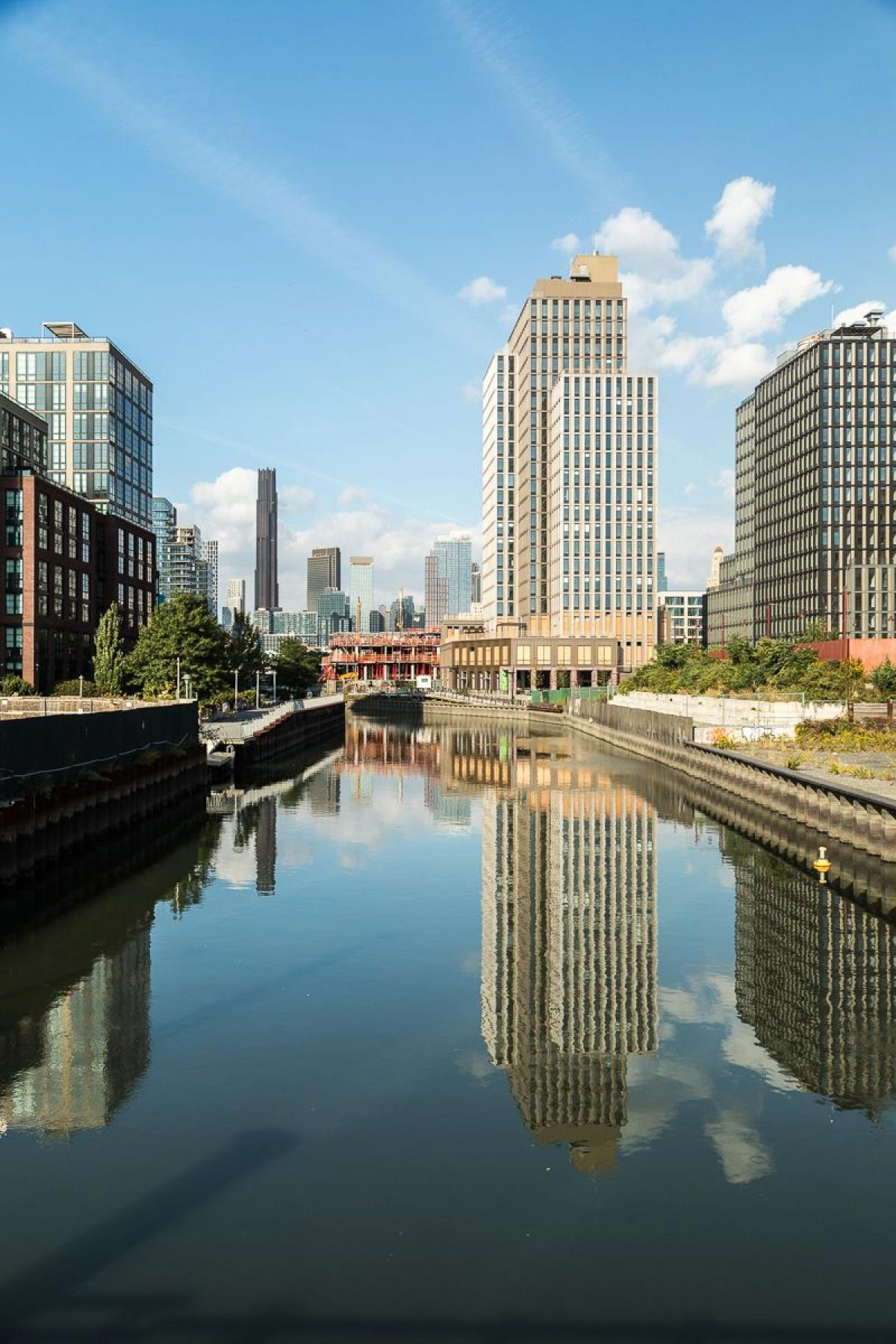Buying an Apartment in NYC - Beginner's Guide 2024
Staking a claim in the Big Apple is a feat anyone can be proud of.However, navigating the NYC real estate market can be demanding, even for the most seasoned home buyers. From building rules to specific layouts to city regulations about what you can and cannot do, the hoops to understand and

The Pros and Cons of a Ground Floor Apartment in NYC
When it comes to renting or buying an apartment in New York City, there are a lot of important factors to consider. You have to think of the neighborhood, your commute, and what kind of apartment you want. And one of the most important considerations when searching for apartments is weighing
NYC Tax Abatements Guide - 421a, J-51 and More
If you started your search to buy an apartment or home in NYC, you’ve likely come across countless mentions of tax abatements in the various listing descriptions you’ve read online. Whether or not you are familiar with the concept of property tax abatement in NYC, you would probably prefer t
Recent Posts











